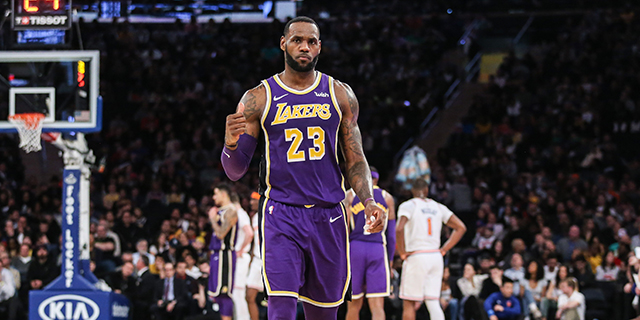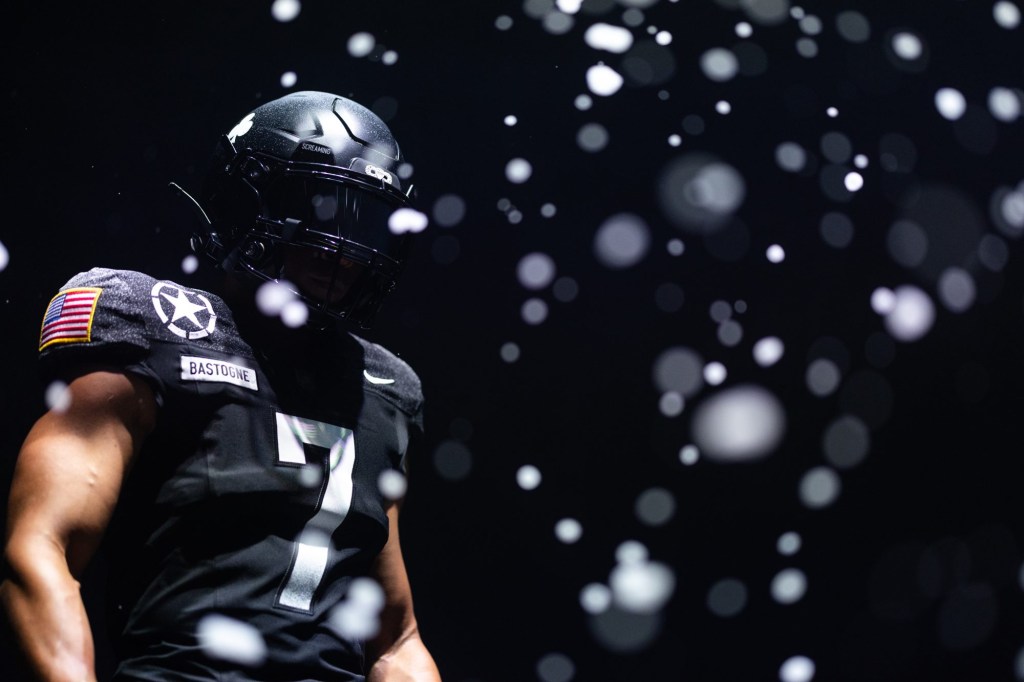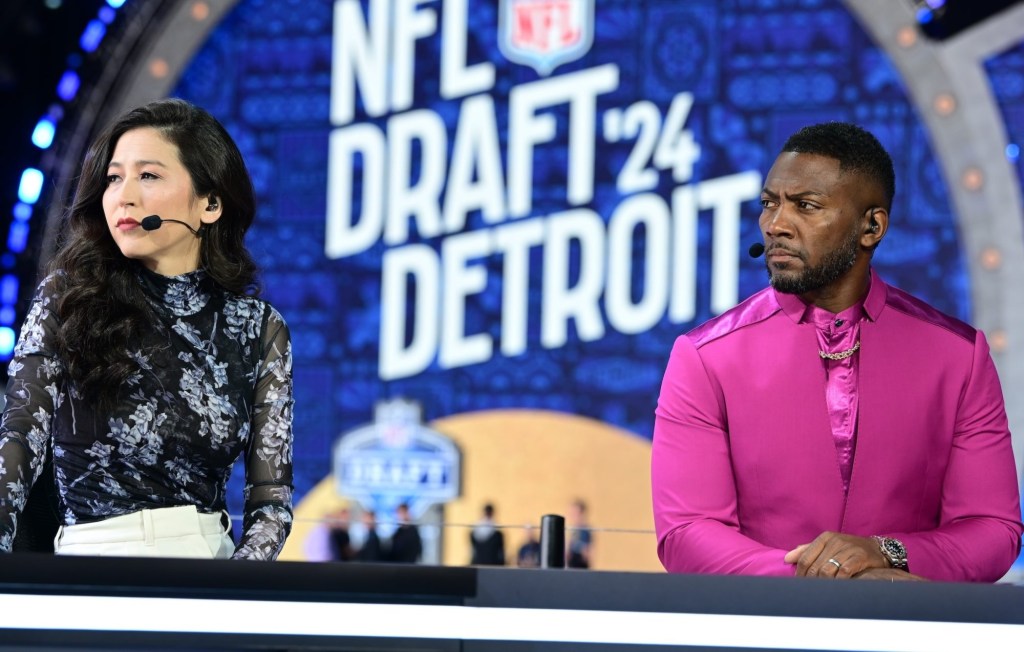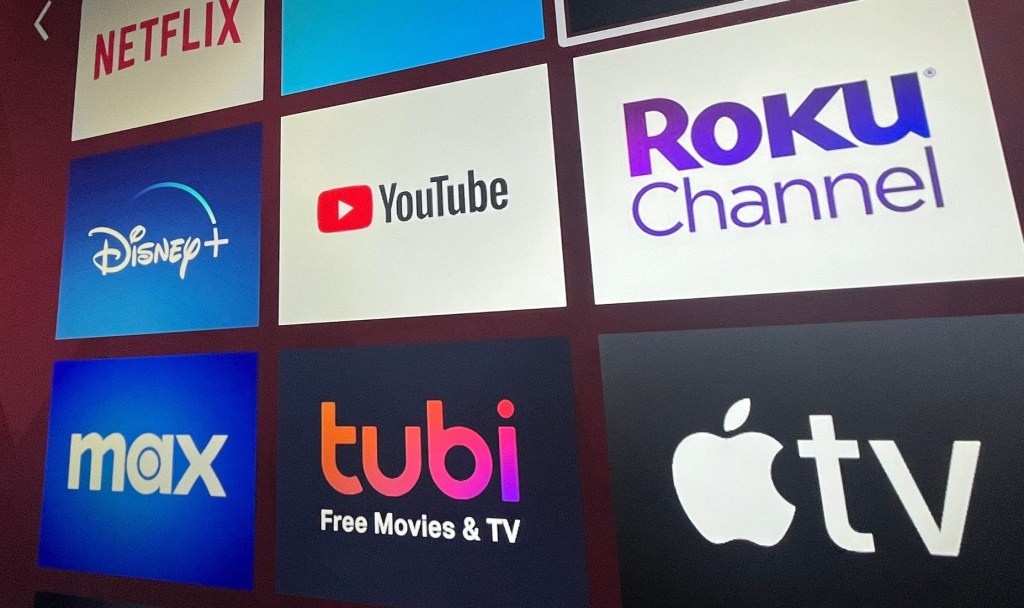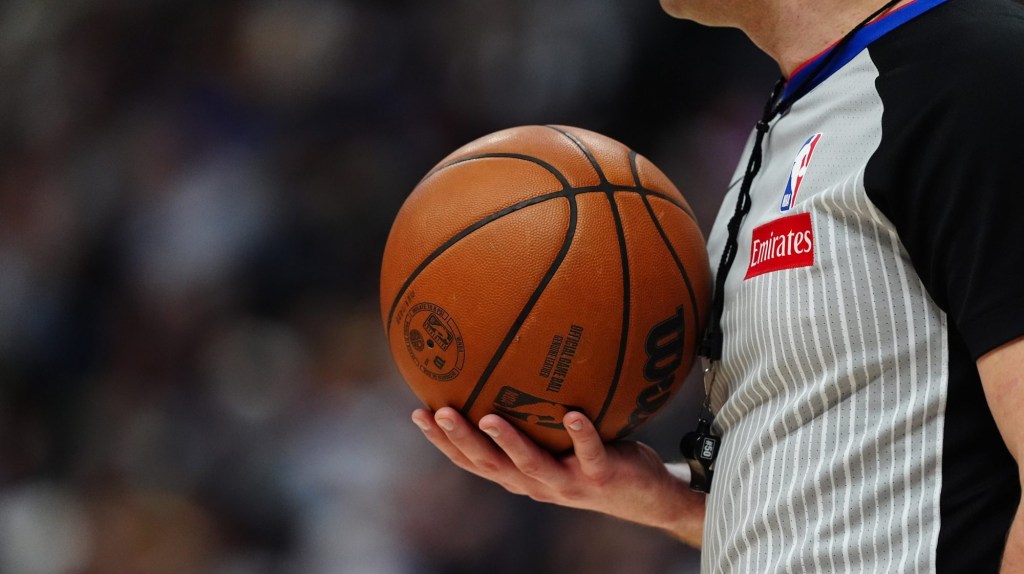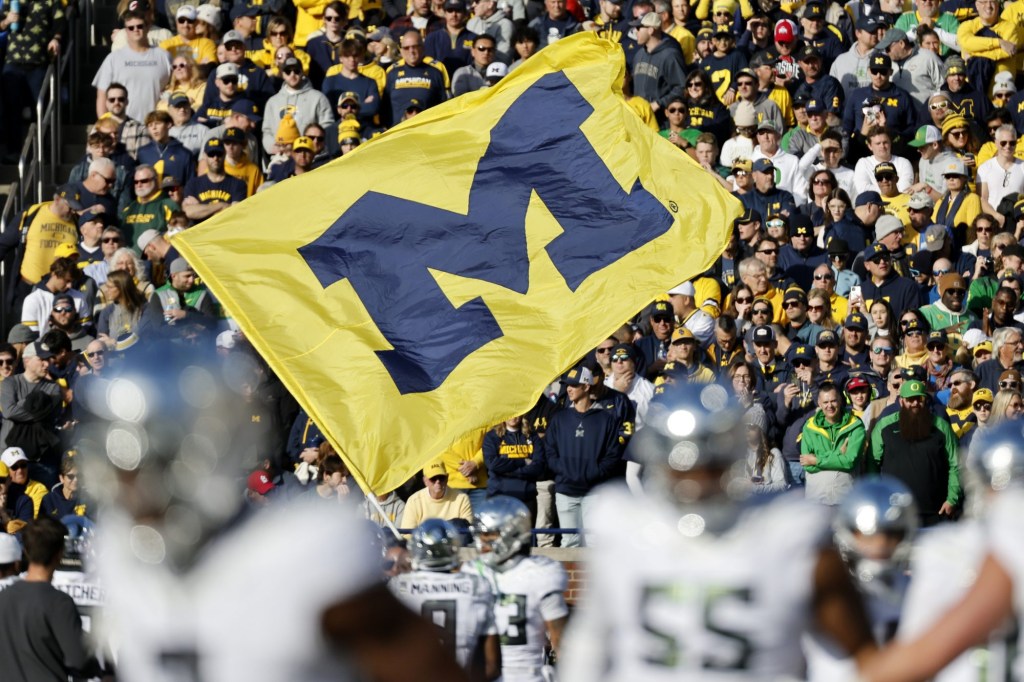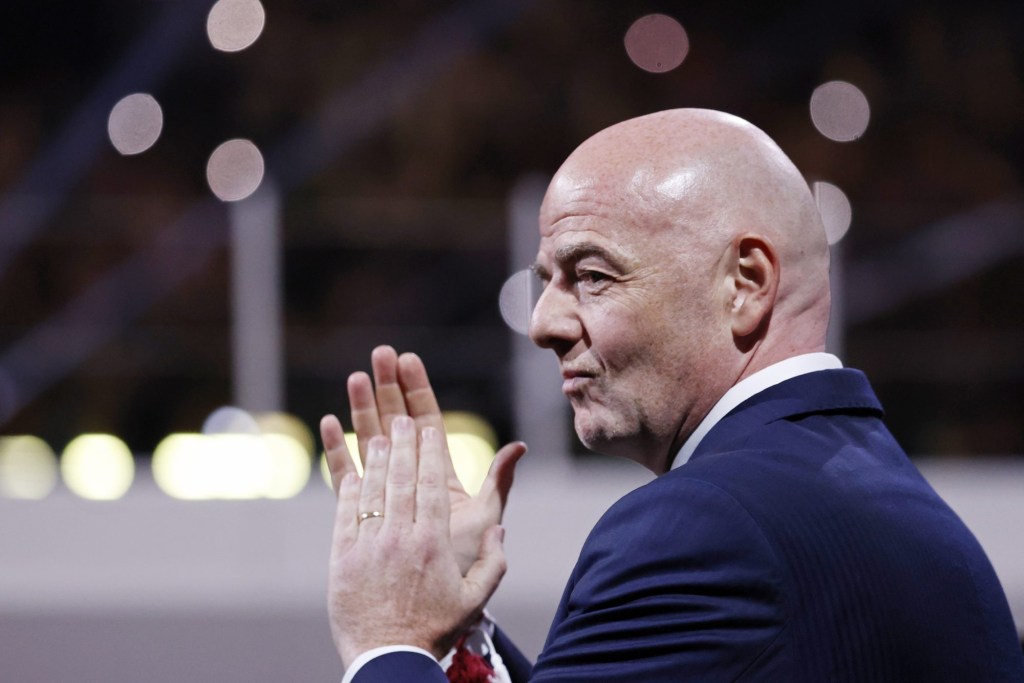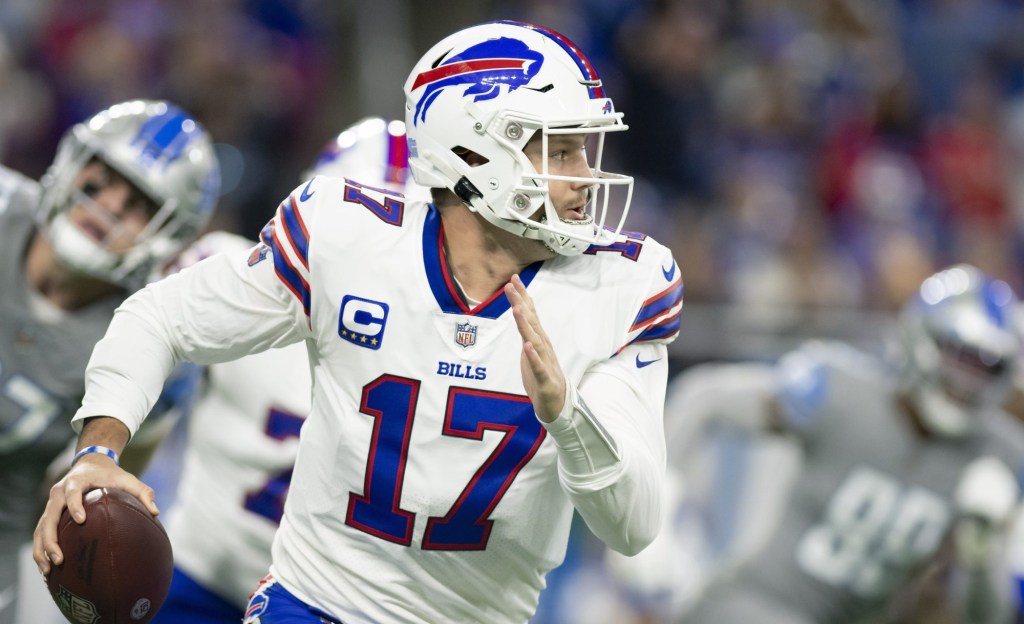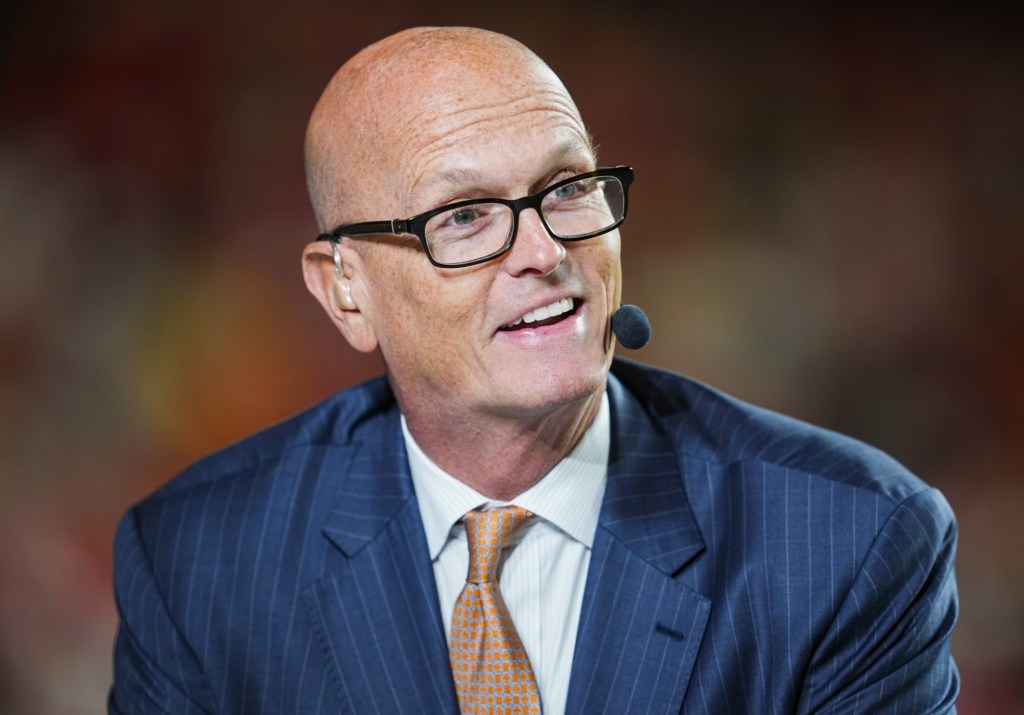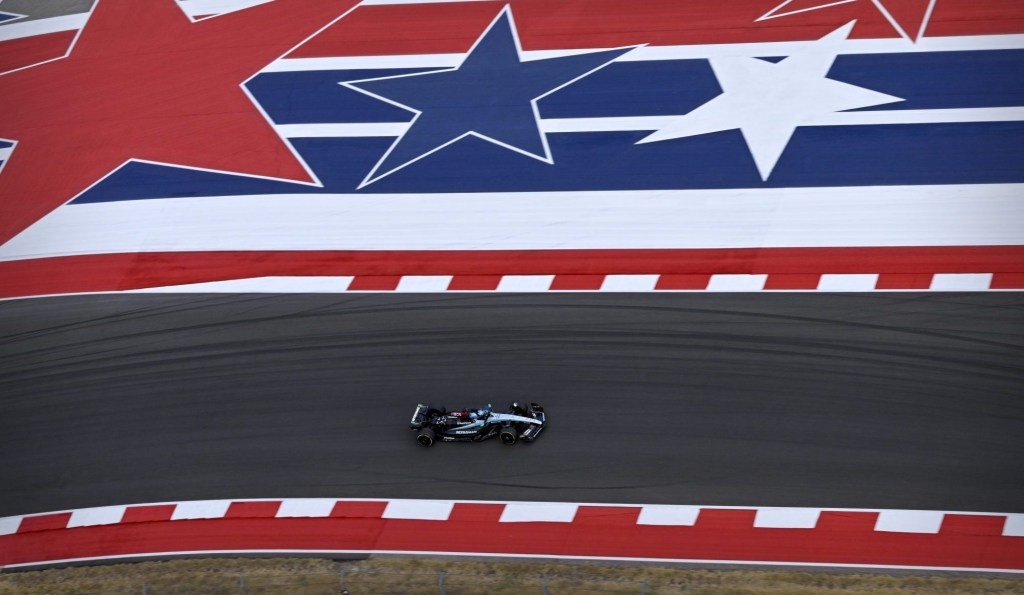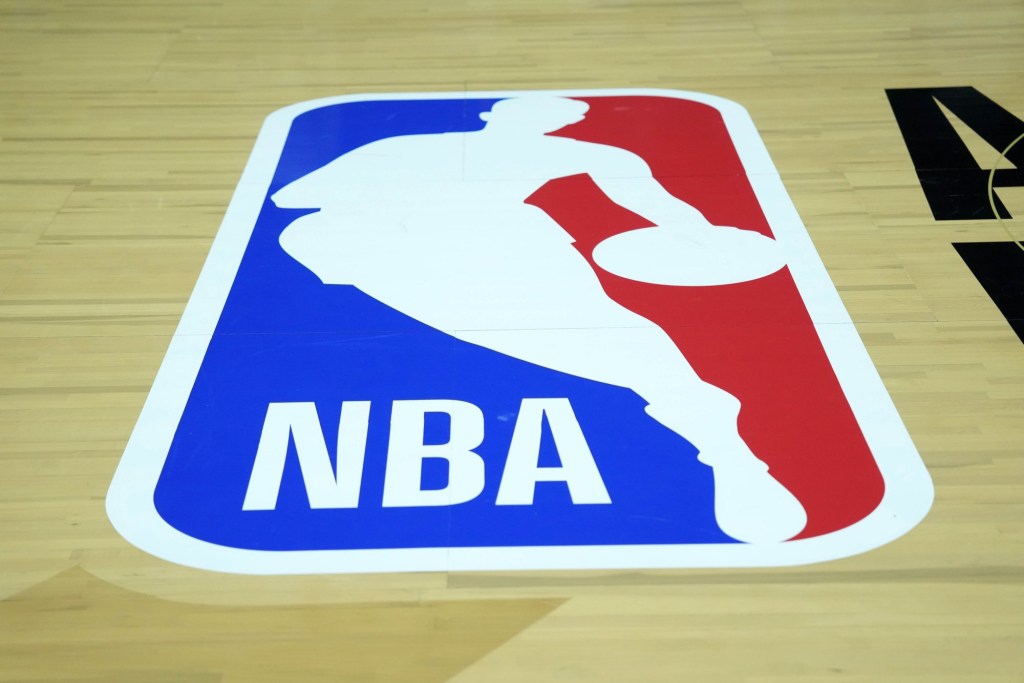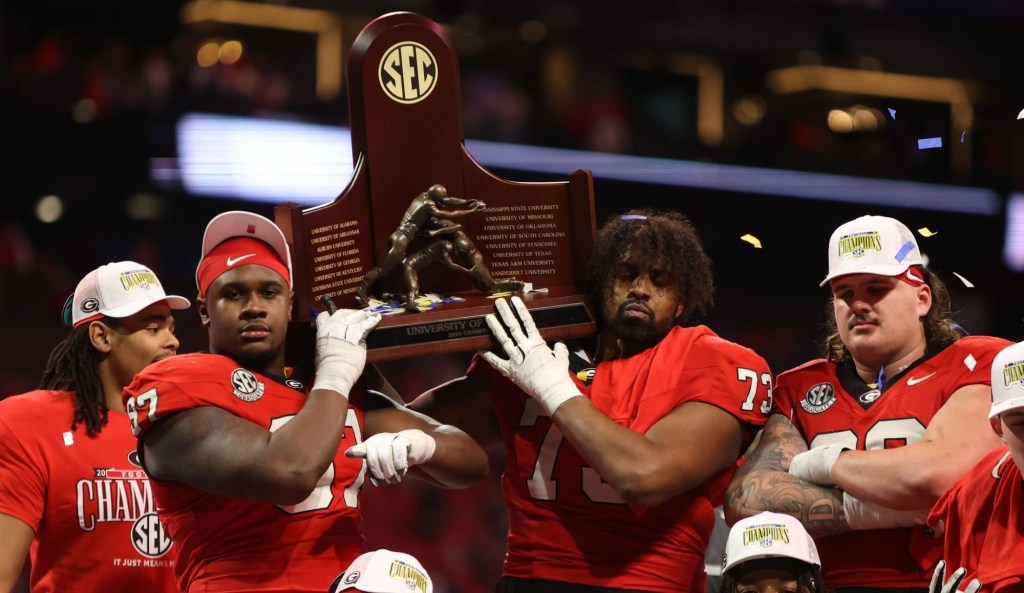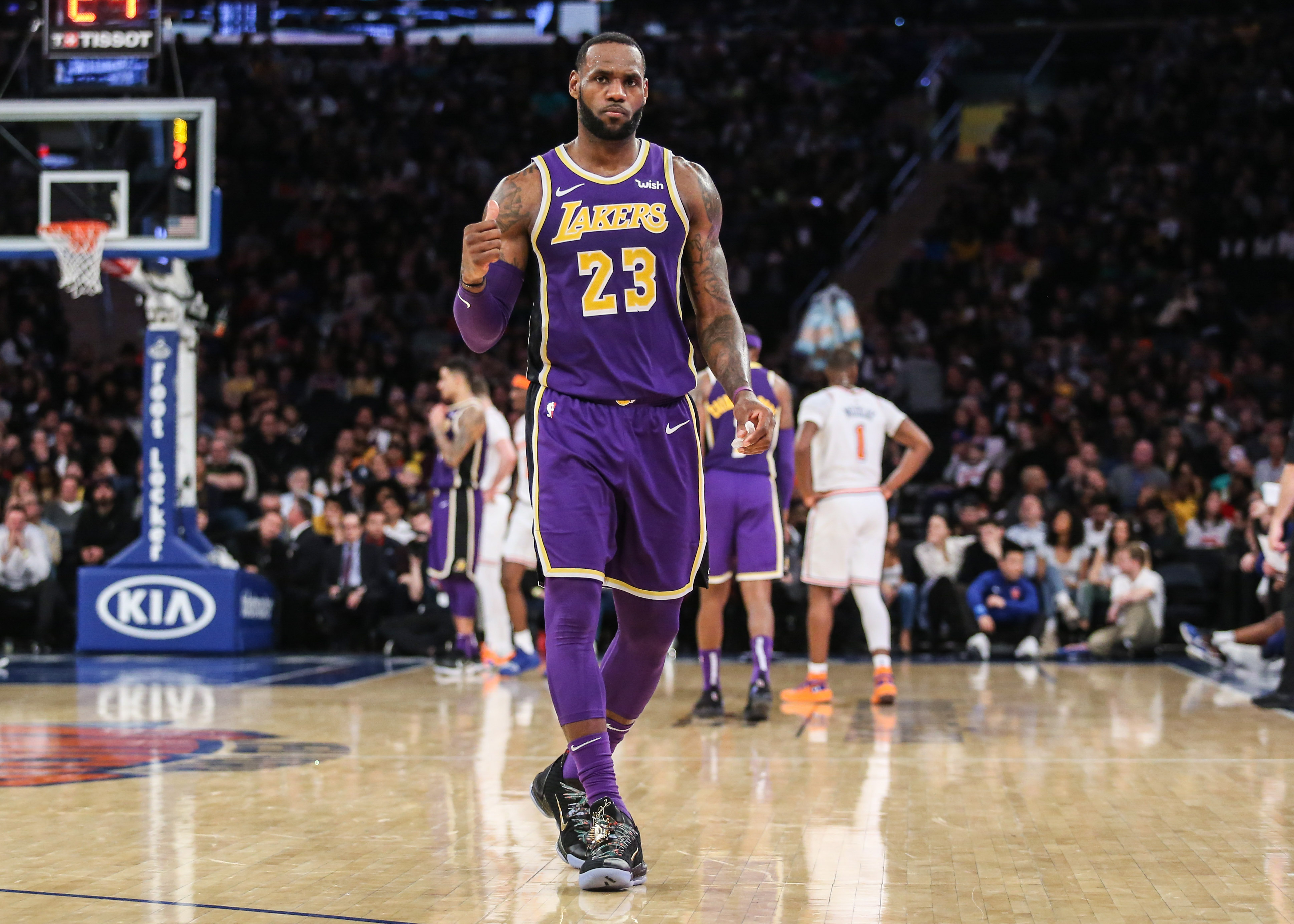
Photo Credit: Wendell Cruz-USA TODAY Sports
Athletes are sharing more of themselves than ever before, putting the onus on sports content producers to develop thoughtful stories to better connect with audiences. A South by Southwest panel on storytelling in sports discussed how to cut through the noise as a documentary filmmaker and sports storyteller.
“Athletes now have their own crews, cameras constantly around documenting their own lives,” said Gotham Chopra, co-founder and chief creative officer of Religion of Sports, who is currently finishing up a documentary on Stephen Curry entitled “Stephen vs. the Game. “For us, we try to cut through the clutter. It’s not about the access, not just a commodity, but what am I trying to say? Why are we doing this? Unless there’s clarity around that, I don’t think it’s worth doing.”
When linear television networks ruled the roost, almost any sort of athlete-related access motivated viewers to tune in to see a slice of an unknowable world. Social media opened the floodgates, however. Now that visibility has exploded, and fans can connect directly with athletes, there’s a need to tell bigger, bolder stories.
READ MORE: ‘We Are LAFC’ Shows Off Exclusive Content Opportunity for MLS, ESPN
“There’s a lot of stuff out there, a lot of access,” said Libby Geist, vice president and executive producer of ESPN Films & Original Content. “That’s just not enough anymore. There has to be stakes. The bar has to get higher and higher. We need to stay in our lane and not get stars in our eyes. A big name isn’t enough anymore.”
For ESPN, one of the biggest answers has come by way of longform documentaries, most notably its 30 for 30 series. Today, it ranks as one of the network’s most critically acclaimed imprints. But Geist remembers a time, not too long ago, when stakeholders were wary of viewers making time to watch hour-plus-long programming that sometimes strays off the beaten path.
“It was a risk to commission 30, hour-long docs,” she said. “Now we know they can sit for a long time. Not just for sports stories, but director-driven. Not just moments in time, not just a Super Bowl or big game, but much more layered cultural stories.”
The culmination of those efforts came in 2016 with ESPN’s Academy Award-winning, five-part miniseries on O.J. Simpson, “O.J.: Made In America.”
“The conversation around that was a ‘step back moment,’” Geist said. “People were not just talking about sports, the buzz around the level of discussion.”
That buoyed a new wave of production. Not only does ESPN have 15 to 20 new 30 for 30 projects in the works, according to Geist, but many of them are “big tentpole films,” like an upcoming 10-hour Michael Jordan project.
[mc4wp_form id=”8260″]
In addition, Geist and ESPN also have another platform to work through and deploy new content on thanks to the introduction of ESPN+. Though still less than a year old, ESPN+ is already paying dividends by providing new avenues to tell stories. Geist used the example of the docuseries, a medium she was once loath to push due to the headache of scheduling against billion-dollar live sports rights on ESPN. Now, though, they can be uploaded and binged at a viewer’s leisure.
The number of media platforms like ESPN+ and the plethora of other streaming services have posed the question to independent filmmakers like Chopra of how to make compelling content and draw in viewers. He said he’d prefer a small audience deeply engaged in the message of the project rather than a larger, passive one.
“The new platforms have really raised the game of accountability,” he said. “How do I invest? Whether [in subscriptions] or time, you have to earn that. It’s pushed us as creators.”
Ultimately, however, access does matter in the sense of finding subjects willing to offer up more substantial parts of themselves. Dexton Deboree, co-founder of Los York Entertainment, credits the NBA, in particular, for being a forerunner among organizations within sports that push a coherent message and let players tell meaningful stories. That encourages storytellers like Deboree to embrace athletes’ narratives as a microcosm of humanity to spur serious discussions and connect with like-minded people. Last year, Deboree released “Unbanned: The Story of AJ1,” which tracked the cultural influence of Air Jordan shoes.
READ MORE: Here to Stay: Generation Z’s Impact On Sports Content Strategy
“If I’m not into basketball, but I realize there’s a connection, suddenly, there might be something to that community,” Deboree said of how a personal story can create new fans. “I don’t know that we’re changing minds. We just strive to stir the pot and get people to talk about stuff [that] maybe they weren’t.”
From Muhammad Ali and Bill Russell to today’s athletes like Colin Kaepernick and LeBron James, athletes have always had the power to spark social dialogue. Chopra recently finished “Shut Up and Dribble” with James, the title taken from a Tweet James received from Fox News personality Laura Ingraham.
“What an amazing time to be alive in this political climate,” Chopra said. “It was conceived from the most popular player in the world literally getting into a social media war with the president of the United States. We went back to the 1950s, and this isn’t new.”
